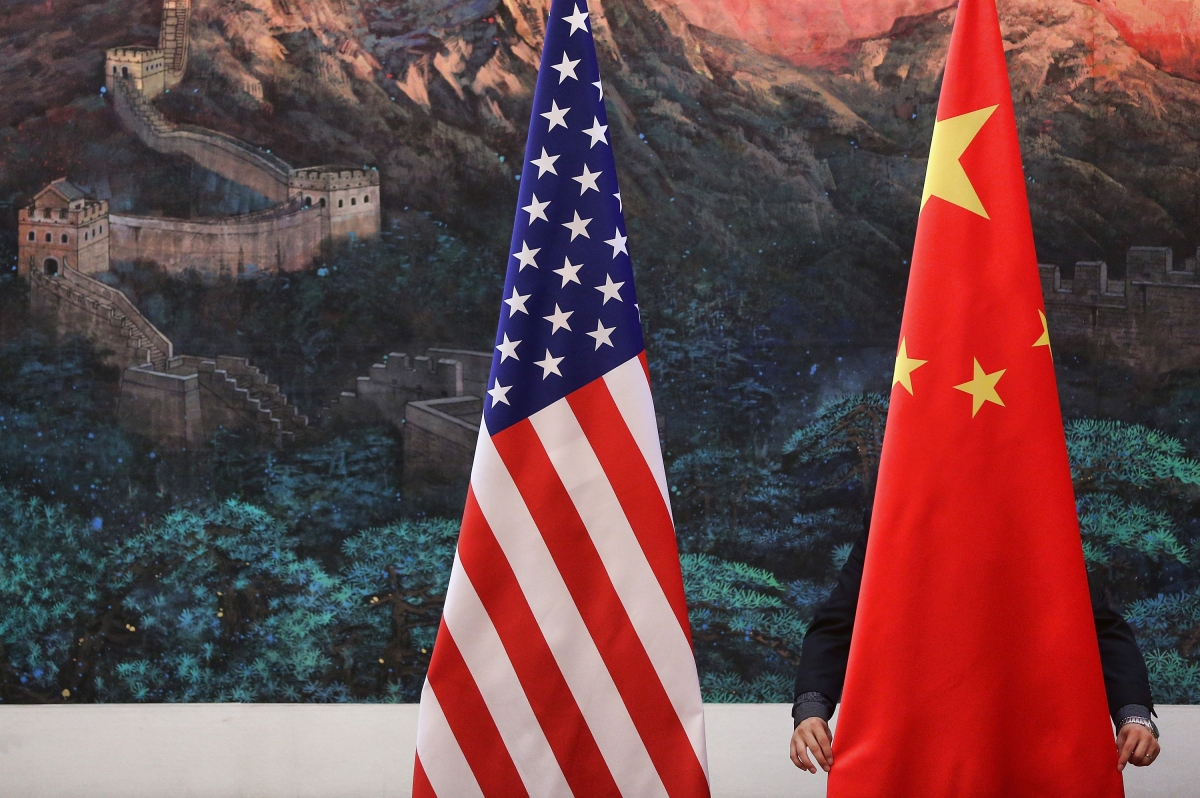The U.S. and China’s Resurgent Climate Cooperation is a Big Deal
Climate Home

The following is an excerpt from Kate Logan's op-ed in Climate Home. Kate is the Associate Director of Climate at the Asia Society Policy Institute (ASPI).
After a tense year, the steady defrost in the U.S.-China relationship and the expected face-to-face meeting of President Joe Biden and President Xi Jinping next week in San Francisco offers tantalizing hope on climate action.
As President Biden said at this year’s United Nations General Assembly, progress on some issues hinges on their common efforts and “nowhere is that more critical than the accelerating climate crisis.”
Much ink has been spilled debating whether the U.S. and China should cooperate or compete on addressing climate change.
These debates obscure a more important question: if revived, what could U.S.-China cooperation on climate actually achieve?
As it turns out — a lot.
On one hand, as all countries work to implement their emissions reduction targets under the Paris Agreement, global climate progress no longer hinges so heavily on U.S.-China cooperation.
But a high-level U.S.-China agreement could provide the much-needed “course correction” to keep world temperatures on track to remain below 1.5C.
And it could also set the stage for a successful outcome at the COP28, the U.N.’s largest annual international climate conference taking place the first two weeks of December in Dubai.
Based on what both countries are already prioritizing, there is room for significant partnership when it comes to keeping domestic emissions reductions on track, raising ambition in multilateral negotiations, and accelerating climate action in developing countries.
